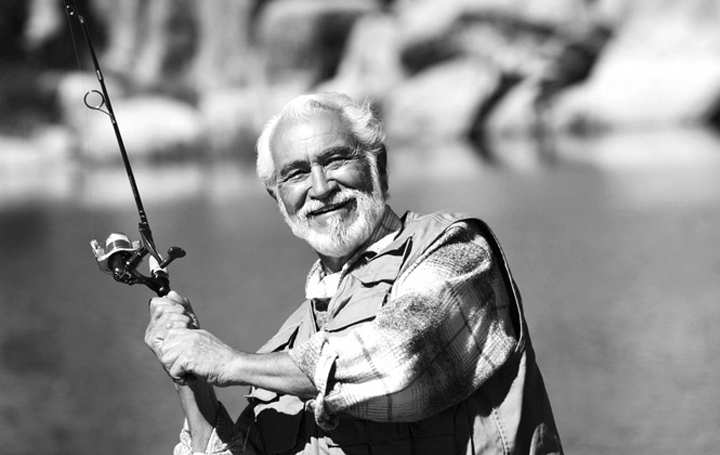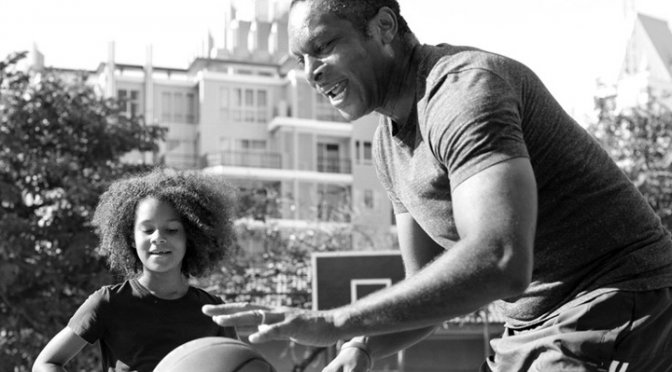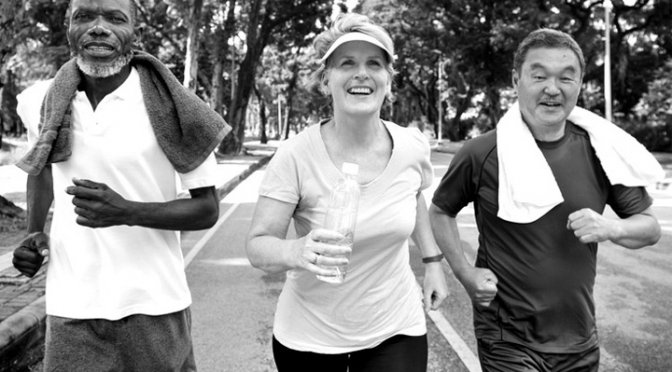Repetitive shoulder and arm movements often cause overuse injuries of the shoulder particularly when undertaking overhead activities. A return to working out with upper body weights or an increase in your training routine can also cause an overload on the tendons in the shoulder.
We treat a wide variety of shoulder conditions, including:
- Rotator cuff tendonitis/ tendinopathy
- Stiff shoulders
- Frozen shoulder (also called adhesive capsulitis)
- Acute rotator cuff tears
- Degenerative rotator cuff tears
- AC joint separation (also called a separated shoulder, or acromioclavicular joint separation)
- Shoulder dislocation
- Rotator cuff repairs
- Factures
- Joint replacement
If a portion of the shoulder joint capsule, over which the rotator cuff exerts its force, is tight (from certain postures, sports, work) this can further predispose to overuse of the cuff.
“We believe in active rehabilitation to avoid excessive scar tissue development and to get you back to your sports and regular activities as soon as possible.”
A thorough biomechanical assessment by a physiotherapist would include assessment of the capsule, strength testing of the cuff and consideration of the underlying postural influences as well as taking a full history of past injuries or pain.
- Did you have shoulder surgery?
If you have had shoulder surgery (to repair a torn rotator cuff or stabilize a shoulder that repeatedly dislocated or AC joint surgery) your surgeon will let you know when to start moving your shoulder. - As soon as this happens it is important to get things moving and your physiotherapist is well suited to do that.
- Control of pain and inflammation are also important.
- Both will improve as you get moving.
- Our pain modalities include: interferential current (IFC) /ice/ transcutaneous electrical nerve stimulation
(TENS) /acupuncture, if necessary. - Your surgeon may send a list of instructions about how much to move and when so please bring that (as well as any other surgical information you may have been given).












